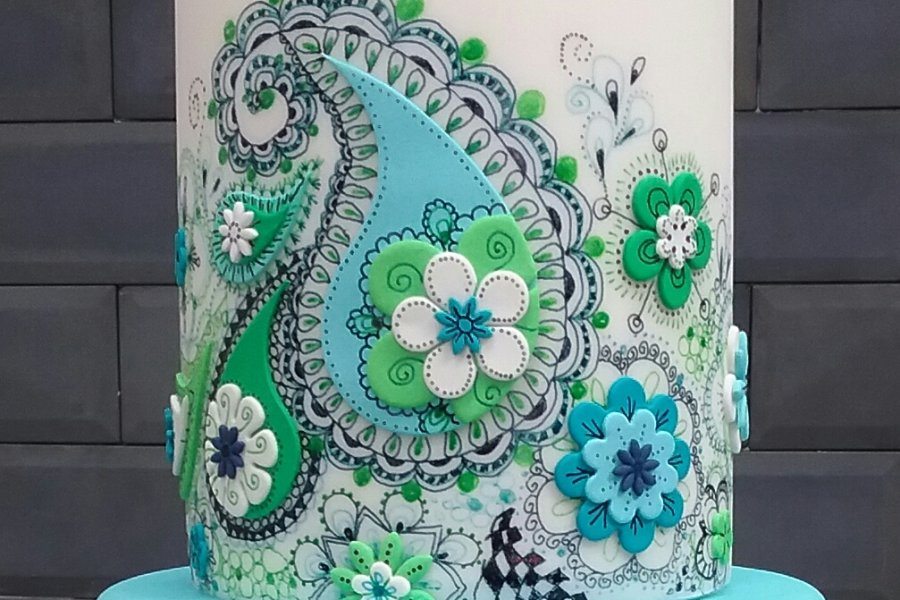I knew that updating the Lindy’s Cakes logo and branding was never going to be easy but until this week I hadn’t appreciated just how tricky it was going to be. I’m working with a talented graphic designer but it’s tough as I’m feeling the pressure to get it right.
I made a comment to this effect on Facebook and interestingly one of the comments that came back said; “Remember the principle of good enough!” This got me thinking. Whilst I do agree that it’s not sensible to try and make everything 100% perfect – nothing would ever get finished. For me, a mere – good enough – is generally NOT good enough.
Spurred on by this comment, and its connection with last weeks definition of success blog, I did some research to see what the experts say:
Good Enough is not good for your brain
In his book ‘Maximum Brainpower: Challenging the Brain for Health and Wisdom‘ the cognitive psychologist Shlomo Breznitz, warns that believing “close is good enough” as well as pulling answers from the database of knowledge inside our heads, of things tried before, is not good for our brains. To maintain a healthy brain he encourages us to try out new things and utilise, more fully, our brains amazing creativity.

Good enough and the selective pursuit of excellence
My research led me to discover a very interesting blog post by Psychologist Leon F Seltzer called ‘How Do You Know What’s Good Enough’ in which he talks about 3 classifications of ‘good enough’: compulsion, obligation, and choice.
- The ‘curse of perfectionism’ – where high standards have little logical sense.
- The ‘prerequisite of perfection’ – where high standards are required, e.g. brain surgery.
- The ‘selection of perfection’ – where high standards are chosen.
The last category describes people, like me, who have an inclination to go significantly further than what is necessary and acceptable, all with the desire to learn something, or make something, “just right”. Leon Seltzer suggests we do this for the challenge and the sheer joy of doing so, as well as the intrinsic satisfaction that the process brings. I agree. Creating beautiful designs and bringing them to life as cakes brings me pure pleasure and satisfaction, as discussed in my ‘happiness and the therapeutic power of cake decorating‘ post.

Good enough is not healthy
Author Darius Foroux goes one step further than Seltzer in his article, ‘Is “Good Enough” Really Good Enough for Your Life, Career, and Relationships?’ He argues that good enough is not enough. “You do things for yourself. For your personal development, and for the quality of your life.” Settling for ‘good enough’ means giving up on yourself and your potential. He reminds us that your personal ‘good enough’ has nothing to do with what others think. It has everything to do with how you see yourself today, tomorrow, and the next day.

So I would urge you to think the next time you decorate a cake, or in fact undertake any job or task, ask yourself – are you doing the best you can? I certainly will be but ultimately only you can decide if you will too.
If you have your own thoughts on this fascinating subject please do comment in the box below.
Lindy Smith
Inspiring cake decorating enthusiasts to excel
Jan Weisters says
Hi Lindy blown away by your cake designs. Now feeling even more inadequate. Trying to make clown figures but struggling. Edges keep cracking and also could do with being shinier. Tips please, Jeanne
Lindy Smith says
Hi Jan, thank you for your kind comments about my cake designs. You mustn’t feel inadequate…you can master modelling. It sounds to me as if you need to try a different brand of modelling paste. I’m told Saracino best!